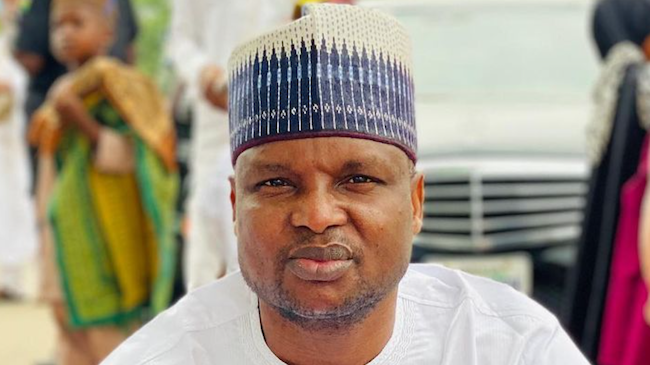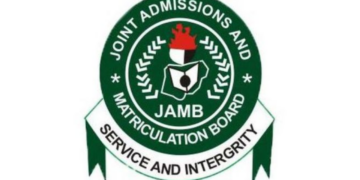The International Human Rights Commission (IHRC) has called on President Bola Tinubu to consider granting a conditional presidential pardon to suspended Deputy Commissioner of Police (DCP), Abba Kyari, citing the country’s pressing national security concerns.
In a statement issued on Friday in Abuja by its Head of Diplomatic Mission in Nigeria, Ambassador (Dr.) Duru Hezekiah, the IHRC said its appeal was not aimed at disrupting ongoing judicial proceedings, but to encourage a “future-focused, constitutionally grounded approach” that could leverage Kyari’s expertise in tackling insecurity, under lawful and transparent conditions.
“Our position is not to circumvent justice or interrupt legal processes,” the statement read. “Rather, we urge a framework that recognises the tactical value of experienced security personnel—if found eligible under law and subject to public accountability.”
The commission noted that Nigeria is grappling with an “alarming rise in terrorism, kidnapping, organised crime, and armed banditry,” stressing that any lawful measure that could bolster the country’s security infrastructure deserves consideration.
IHRC cited Section 175 of the 1999 Constitution (as amended), which empowers the President to grant pardons and reprieves, and pointed to global precedents where conditional clemency or plea arrangements have been used strategically.
“In the United States, former hackers have been recruited to strengthen cybersecurity defences. In post-conflict African states, ex-warlords have been given conditional amnesties to help restore peace,” the statement said. “Similarly, a conditional pardon for Kyari—subject to public accountability—could transform a controversial figure into a rehabilitated asset in Nigeria’s fight against crime.”
While reaffirming its commitment to justice and the rule of law, IHRC stressed that its call was not a plea for impunity, but a pragmatic suggestion to balance justice with national resilience.
“This is a call for strategic statecraft, not political favoritism,” the organisation emphasised. “In times of national crisis, justice must be redemptive as well as corrective. If used wisely, conditional clemency can bridge law enforcement accountability and long-term peacebuilding.”
The statement urged stakeholders—including civil society, human rights advocates, security experts and policymakers—to begin constructive dialogue on how justice and national security objectives could be harmonised.
Kyari, once celebrated as Nigeria’s top anti-crime officer for leading high-profile operations against kidnapping syndicates, narcotics networks, and terrorism cells, saw his career collapsed following his 2022 indictment in a cocaine deal and his subsequent ongoing prosecution by the National Drug Law Enforcement Agency (NDLEA).











